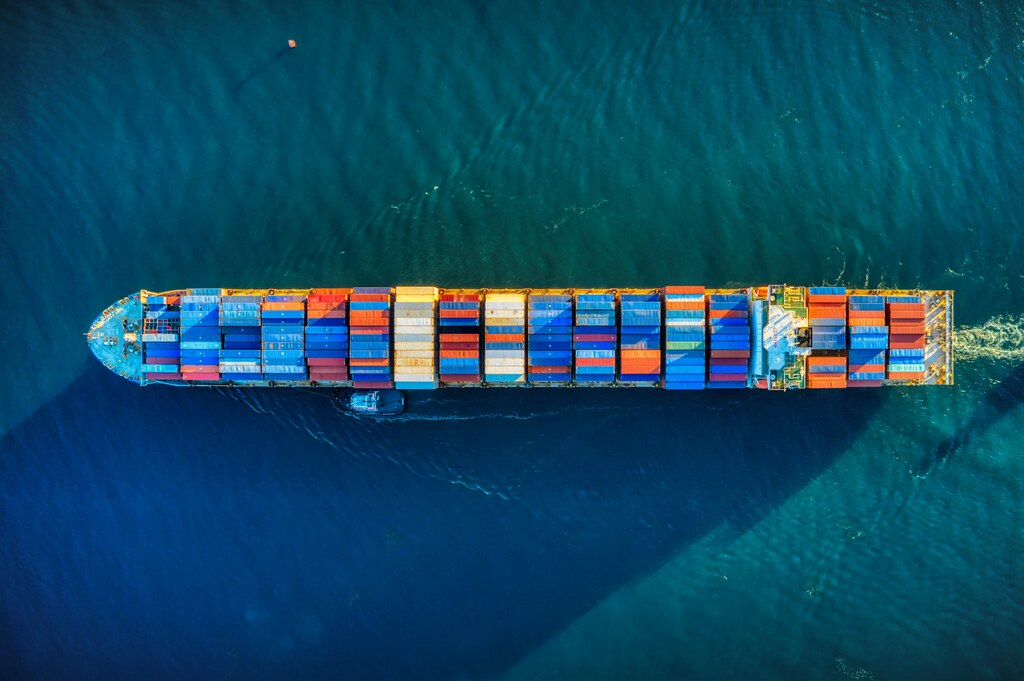
The Nordic Maritime Transport and Energy Research Programme
Three Nordic research consortia test the use of ammonia and hydrogen as fuel for ships The research consortia are funded through a joint effort by Nordic Energy Research and several…

Three Nordic research consortia test the use of ammonia and hydrogen as fuel for ships
The research consortia are funded through a joint effort by Nordic Energy Research and several funding research institutions, including Business Finland, the Danish Energy Agency, the Icelandic Centre for Research, the Norwegian Research Council, and the Swedish Transport Administration. The consortia will run for two years starting on the 1st of March 2021.
Maritime superpowers
The Nordic countries have strong presence in the maritime field both as owner/operators, ship designers/builders and providers of both associated hardware and software as well as fuels. The Nordic countries are today on a per capita basis major maritime actors both in terms of operating and owning ships as well as having thriving maritime clusters involved in shipbuilding, hull design, equipment and marine engines.
Transport – and especially maritime transport – is considered one of the hardest sectors of the economy to decarbonize. Since the Nordic region has a high ratio of renewable energy in its energy mix already, transport becomes one of the biggest remaining challenges.
The three selected consortia have a common ambition to reduce both greenhouse gas emissions as well as other pollutants from the shipping sector. This will be investigated through a number of options including hydrogen and ammonia used as fuel in conventional combustion engines, fuel cells and, if possible, in combination with battery-electric propulsion system.
Nordic value
The Nordic countries have invested in comprehensive maritime research programs, but often the research programmes focus on identical challenges, which risks leading parallel development of complementary competencies.
The aim of this program is to add Nordic value and establish synergies. And I am particularly pleased to note participation from all Nordic countries, both in terms of academia and industrial stakeholders, says Klaus Skytte.
The three consortia have strong industrial support, which will pave the way for a rapid test and implementation of the research results. All projects focus on various ways of using hydrogen and ammonia either in conventional fossil engines or directly in fuel cells.

